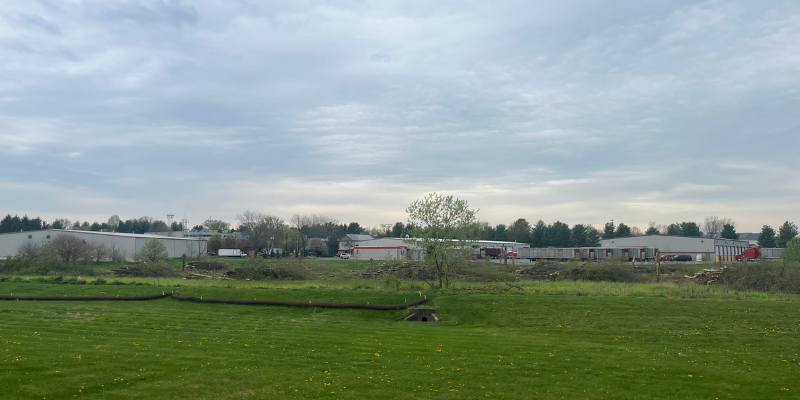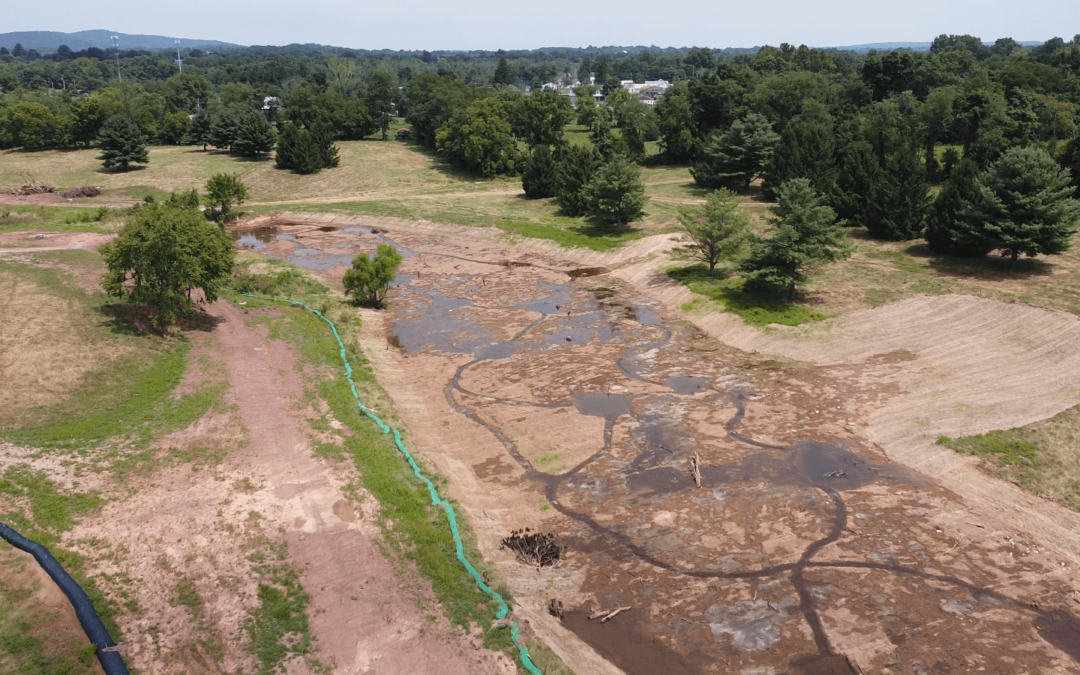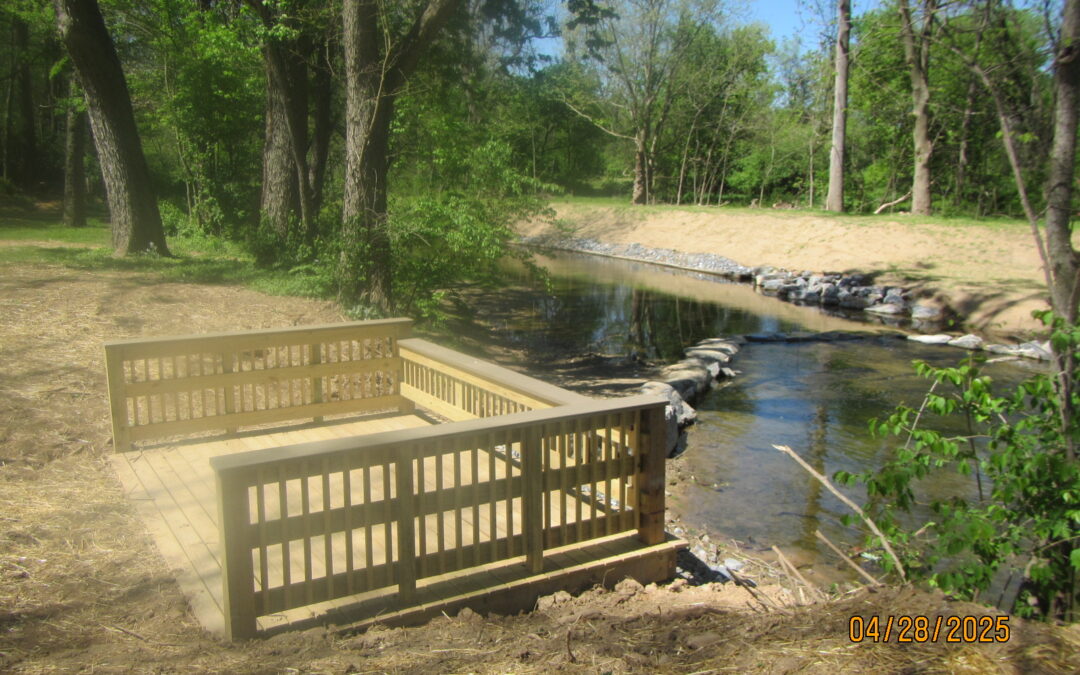
Jun 25, 2025 | Case Study
As part of the eastern boundary of the borough of Mount Joy, Pennsylvania, the Little Chiques Creek also surrounds a 24-acre municipal park, forming a slow-moving, horseshoe-shaped oxbow section of stream. This portion of the creek had been modified in the past with a...
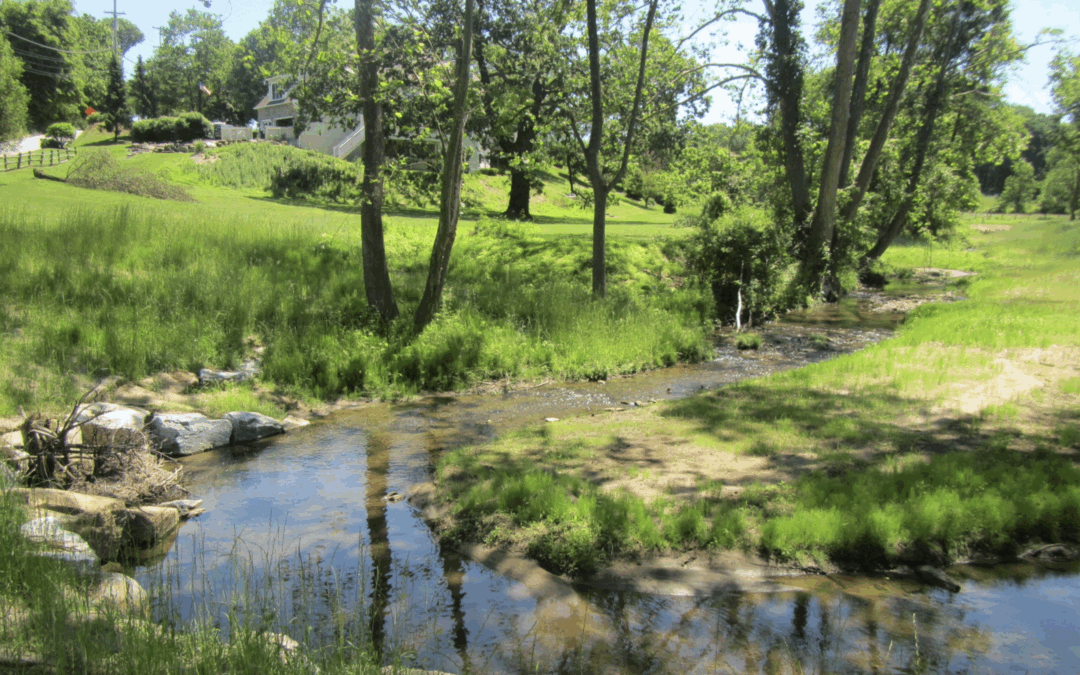
May 6, 2025 | Stream Restoration
With trout season underway in Pennsylvania since early April, anglers are out enjoying the state’s beautiful streams. But while many are focused on landing the perfect cast, fewer may realize the work that goes on behind the scenes to keep these waterways healthy, not...
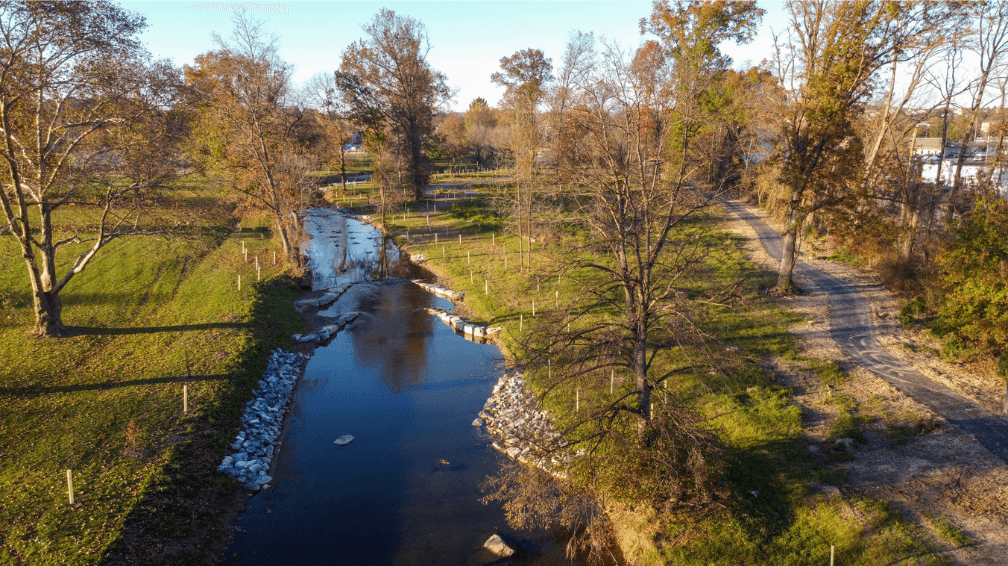
Mar 17, 2025 | Stream Restoration
How can you recognize when stream restoration is needed? The signs can be subtle at first, but the longer they’re ignored, the more severe the consequences might be. Delaying restoration can lead to a plethora of problems, from worsened water quality to flooding risks...
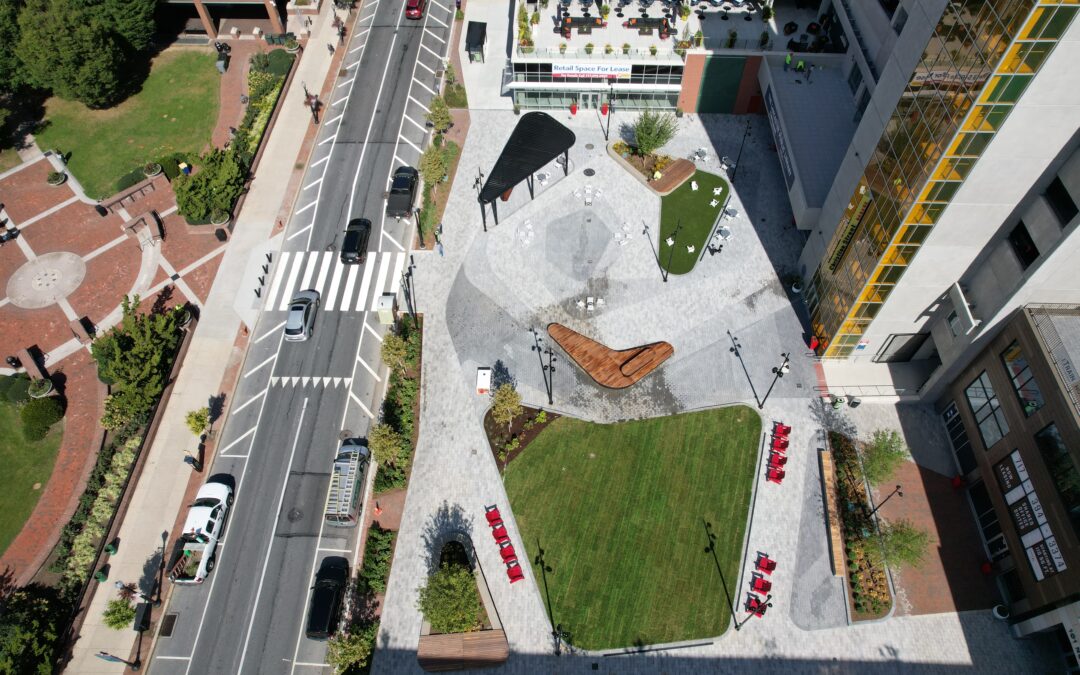
Dec 2, 2024 | Green Infrastructure
The public’s awareness of green infrastructure is growing, thanks in part to better understanding the effects that urbanization has on our health and that of our planet. Now, instead of “gray” infrastructure (pipes, roads, and concrete channels) being the only...
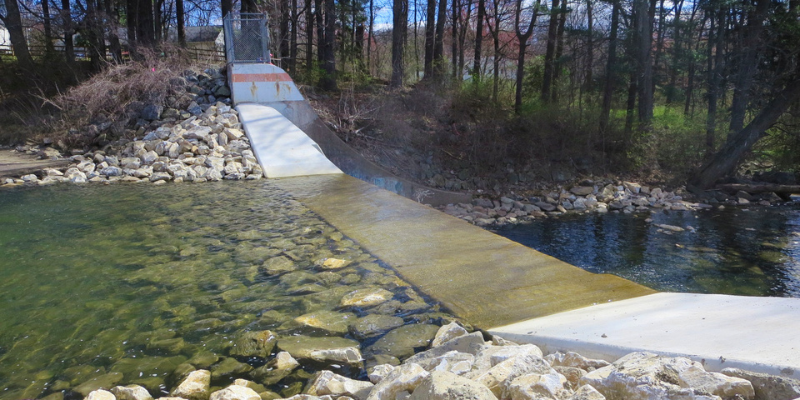
Aug 28, 2024 | Case Study
Milltown Dam is located in Chester County, PA, on the East Branch of Chester Creek, a tributary of the Delaware River. The Pennsylvania Department of Environmental Protection (PADEP) identified Milltown Dam as hazardous in 2015, and East Goshen Township was tasked...
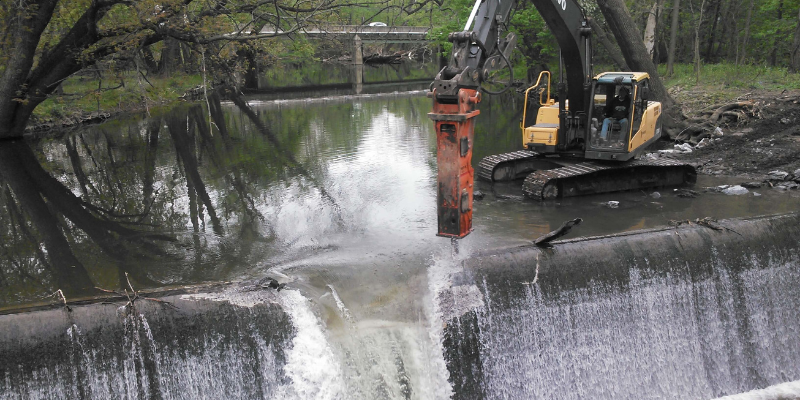
Aug 20, 2024 | Dam Removal
Throughout the Mid-Atlantic region, and especially in Pennsylvania, relict milldams and low-head dams are coming under scrutiny as dangerous and unnecessary. Many were built over a century ago to provide power, control flooding, or create a reservoir for irrigation or...

May 14, 2024 | Stream Restoration
So, you have a stream on your property that constantly floods, or maybe its banks are constantly changing due to erosion. You want to fix the problem—a commendable goal! Whether due to negligence or ignorance, streams can be damaged by things like land development,...
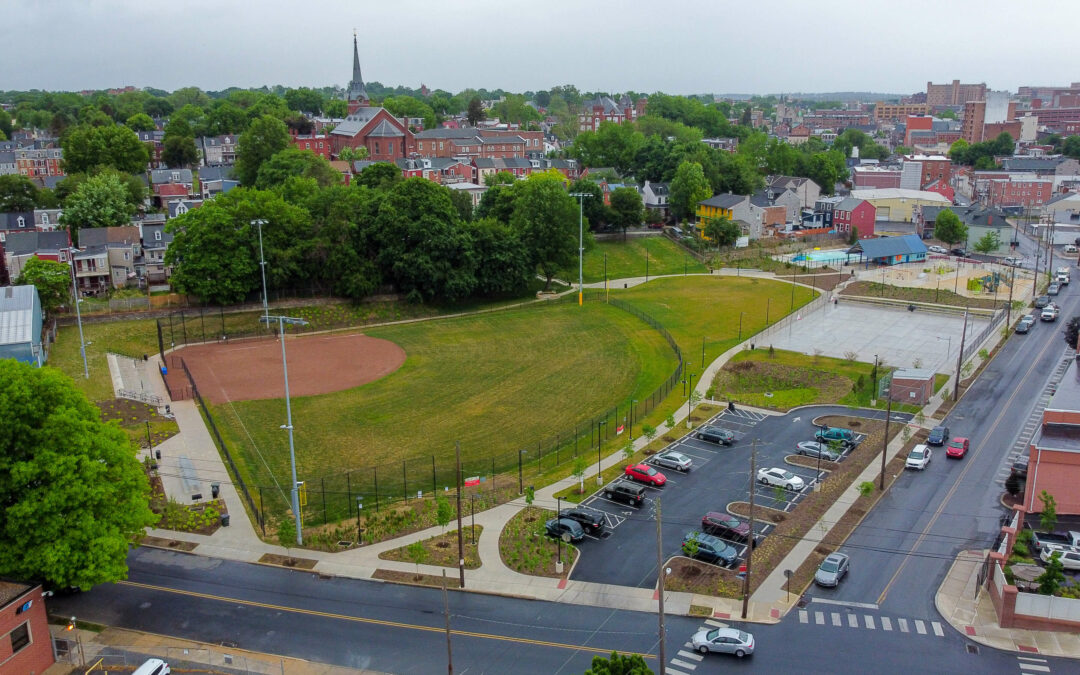
Feb 16, 2024 | Green Infrastructure
In addition to their roles as accessible public spaces, restored parks can emerge as dynamic hubs that positively impact physical and mental wellness, social cohesion, environmental sustainability, and cultural identity within a community. Flyway Excavating has been...




